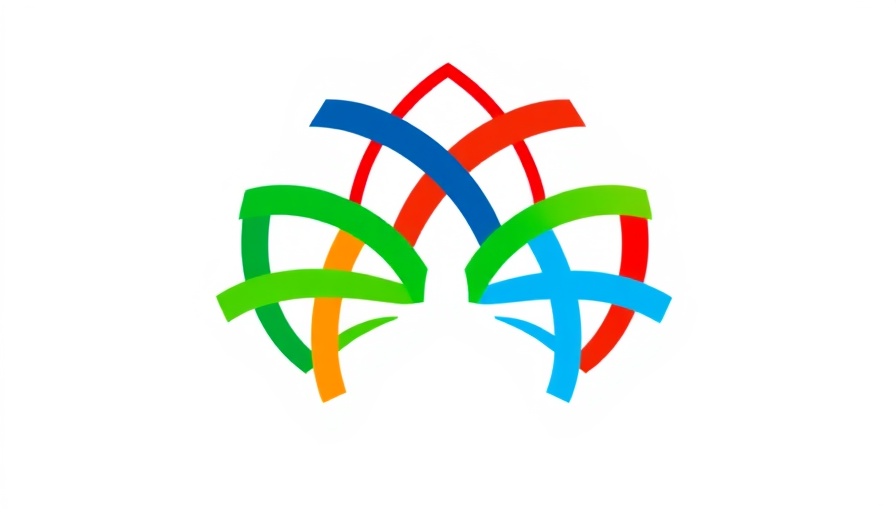
Rwanda Women Secure Spot at 2026 World Championship: A Milestone Achievement
The Rwanda Women Sitting Volleyball national team has made headlines by qualifying for the 2026 World Championship in China. Their recent success against Kenya, marked by three convincing straight-set victories, underscores not only their dominance on the court but also the growing significance of African nations in global sports. This victory, occurring at the Kasarani Indoor Stadium, reflects a broader trend of African nations leveraging sports as a vehicle for international recognition and cultural diplomacy.
A Journey of Resilience and Achievement
This marks the third consecutive time Rwanda has secured a berth in this prestigious tournament, a feat that has sparked interest in how such achievements can influence national pride and unity. By defeating Kenya - a formidable opponent in the region - Rwanda's team showcased their skill and determination, but this success transcends sports, hinting at potential growth opportunities in sectors such as tourism and international relations.
The Broader Implications for Africa’s Sports Diplomacy
As the men’s championship unfolds with Rwanda also performing well against other nations, the implications extend beyond the volleyball court. Such victories are pivotal for enhancing Rwanda’s profile on the global stage. It has implications for African foreign relations, trade, and investment. With regional powers like Kenya on the competitive scene, understanding how these dynamics play out can provide insights into potential partnerships and funding, particularly in international development frameworks.
The Economic Benefits of Sporting Success
Sporting achievements like these often create ripple effects in local economies. Increased international visibility can lead to higher tourism inflows during global events. For business leaders and policymakers, this presents an opportunity to harness sports diplomacy as a strategic tool in negotiations and partnership developments, particularly with influential partners in East Africa and beyond.
Future Predictions: Can Sports Propel Economic Development?
As Rwanda continues to assert itself as a leader in sports on the continent, it is crucial to consider how these developments might influence international economic policies, especially in light of Africa's growing role in global politics and trade. The potential for Rwanda to serve as a model for other nations in the region may also inspire new investments in sports infrastructure and youth development programs, which are critical for sustainable growth.
Conclusion: The Path Forward
Rwanda's triumph in sitting volleyball is a powerful testament to the resilience and capability of African nations on the global sports stage. For policymakers, investors, and academic observers, it emphasizes the importance of nurturing such talent to promote economic growth through sports. As Rwanda looks ahead to the World Championship in 2026, it offers a remarkable case study on the intersection of sports, nation-building, and economic diplomacy. Investors and leaders should seize this moment to foster partnerships that can leverage this momentum.
 Add Row
Add Row  Add
Add 


Write A Comment